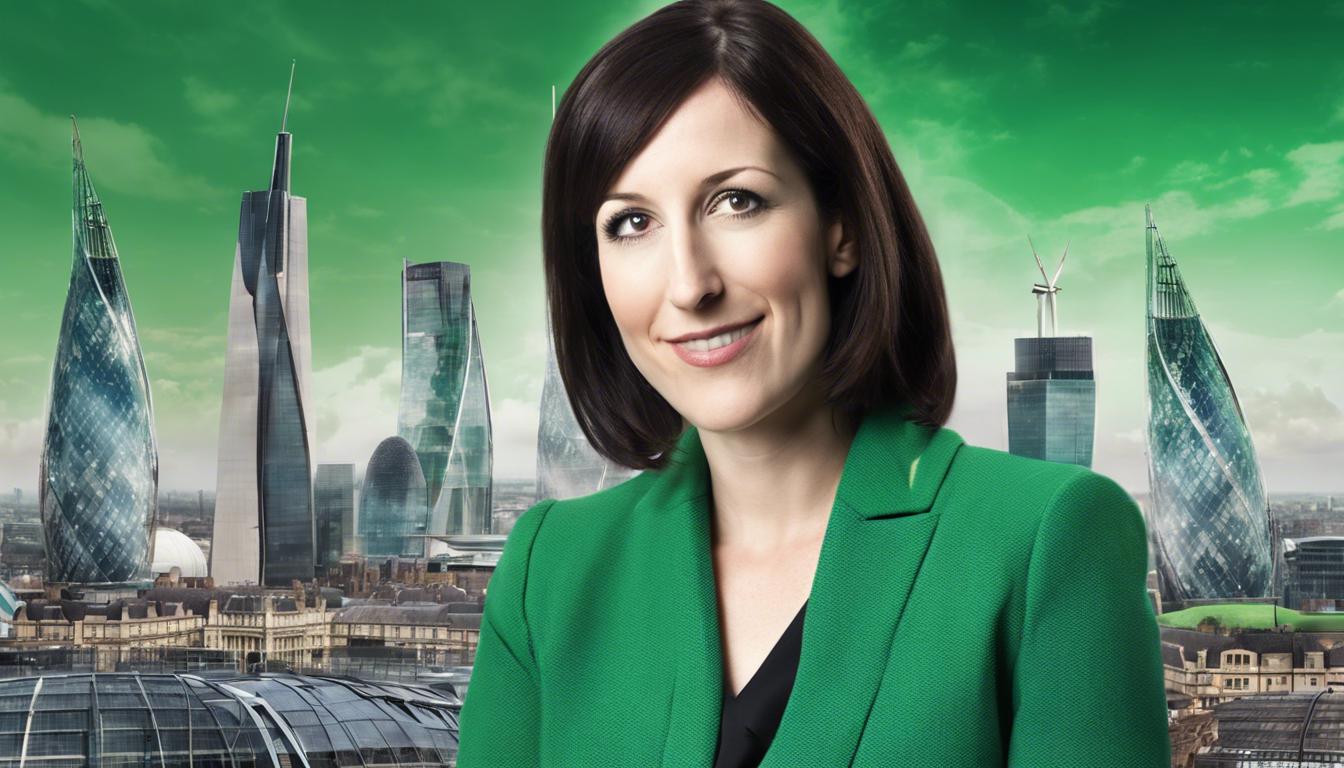Rachel Reeves promises a new economic direction focusing on collaboration between government and businesses, as Labour faces scrutiny over policy direction and environmental commitments ahead of the 2024 elections.
Rachel Reeves, the shadow chancellor from the Labour Party, has made a significant promise to reshape Britain’s economic landscape, focusing on a stronger collaboration between the government and businesses to foster long-term growth. Delivering the Mais lecture in London, she highlighted the strategic shift toward enhancing productivity and growth, underscoring the reforms needed in the Treasury to champion economic development in the post-pandemic and energy crisis era. Her proposal points toward inclusive and resilient economic growth, setting a clear economic agenda as the UK approaches the anticipated 2024 elections.
However, the Labour Party’s broader policy direction faces scrutiny and internal debate. Concerns have been raised about the party’s identity and its commitments, with some critics labeling its approach as too cautious or akin to “Tory-lite.” These critiques emphasize the need for Labour to offer a clearer alternative that focuses on addressing inequalities and supporting vulnerable groups, rather than prioritizing business interests alone.
Simultaneously, Labour’s stance on environmental issues has become another point of contention. Shadow energy minister Ed Miliband criticized the current Conservative government for sidelining climate action in favor of cultural debates, accusing Prime Minister Rishi Sunak of retreating from crucial environmental commitments. Miliband argued for a renewed emphasis on renewable energy and a transition to the green economy as central to Labour’s vision for the UK’s future, amidst claims from the Conservatives that Labour’s green investment strategy could burden consumers with higher costs.
These developments come at a time when both Labour and the Conservatives are laying out their visions for the country’s economic and environmental future, with the upcoming election casting a spotlight on their competing agendas. The Conservative Party, through spokespeople like Chief Secretary to the Treasury Laura Trott and Energy Secretary Claire Coutinho, has defended its approach, emphasizing economic stability and questioning the feasibility of Labour’s plans.
As the political debate intensifies, Labour is positioned to frame its policies as alternatives to the current government’s strategies, focusing on economic reforms, climate action, and addressing social inequalities. The party’s ability to reconcile calls for moral clarity with strategic electoral considerations remains a key challenge ahead of the 2024 election.













